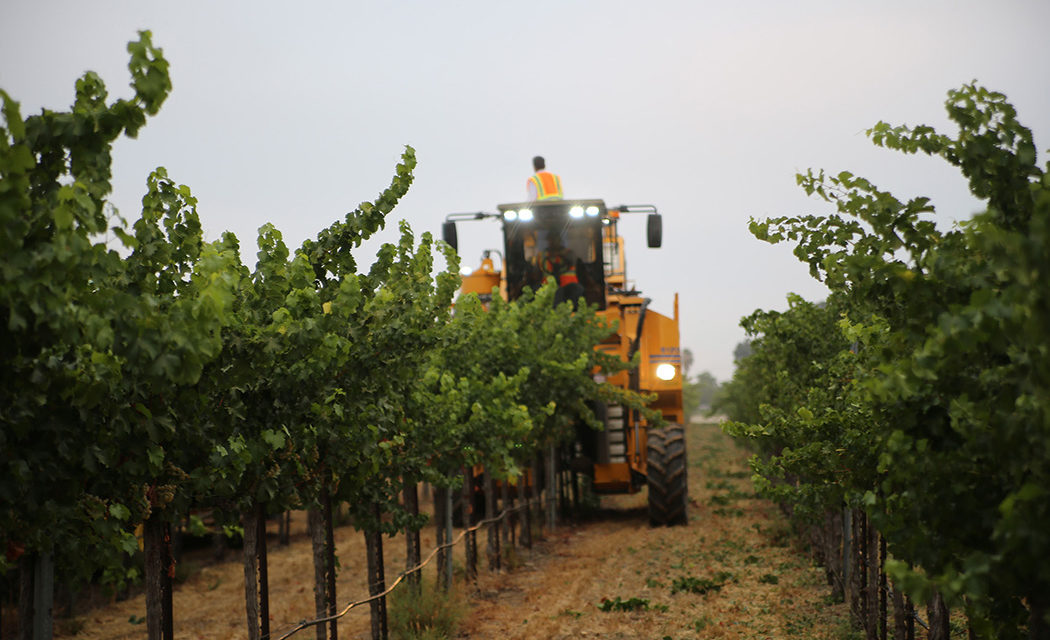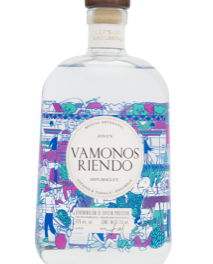In December, the Agriculture Improvement Act of 2018, aka the “Farm Bill,” was passed by both houses of Congress and signed by President Trump. The Farm Bill is an update to legislation first passed in 1933 and last revisited in 2014. And while headlines have mostly focused on the avoidance of cuts to the national food stamp program (SNAP) and the inclusion of industrial-use hemp (but not medical or recreational cannabis), the legislation also includes protections and investments that will help vineyards, wineries, brewers, and beyond.
Specialty crop block grants, direct operating loans, and microloans can take the sting out of starting or expanding an agricultural venture, while whole farm revenue protection (aka crop insurance) can save the day in the wake of natural disaster. All of these programs will remain at 2018 funding levels for the next five years.
A market access program (MAP) supports export programs in California, Idaho, New York, Oregon, and Washington. MAP will now be part of a new international market program that will also include technical assistance for specialty crops, the foreign market development program, and the emerging markets program. The wine industry is one recipient of these funds. Specialty crop support will ensure urban agriculture continues to thrive and also boosts business expansions, such as orchardists wishing to start a cidery, for example.
The law officially establishes the Local Agriculture Market Program (LAMP), which encourages a shift toward local and regional food supply chains. LAMP combines tenets of the Farmers Market and Local Food Promotion Program (FMLFPP) and Value-Added Producer Grants (VAPG) program to create infrastructure and peer and professional networks, and to provide funding, to leverage private investment and encourage “foodshed” level approaches to developing regional food economies.
An amendment added by New York Senator Kirsten Gillibrand supports barley farmers by compelling the National Agricultural Statistics Service to document production of the crop. This would help both brewers and farmers in her state who want to produce beer under the “farm brewery” designation, which requires a “significant percentage” of state-grown ingredients.
The Farm Bill also encourages a move toward organic agriculture, supports research into pests and diseases, and invests in mechanization for labor-intensive crops such as vineyards.
Press releases are generated outside of Spirited magazine and the information contained does not necessarily reflect the opinion of Spirited or its parent company, Sonoma Media Investments.











